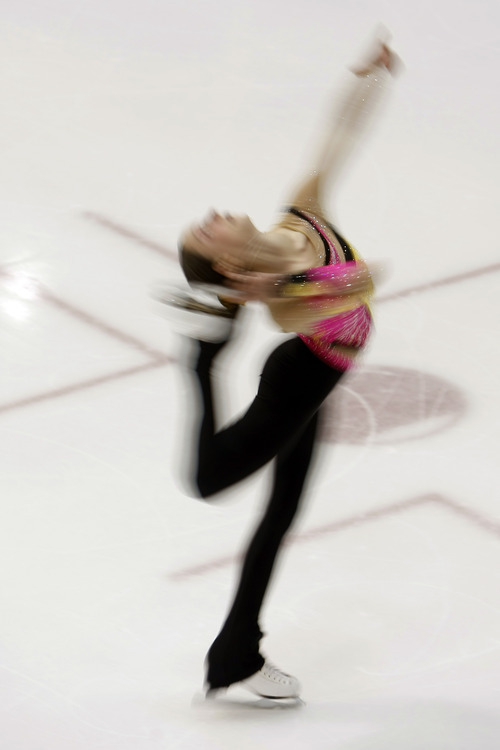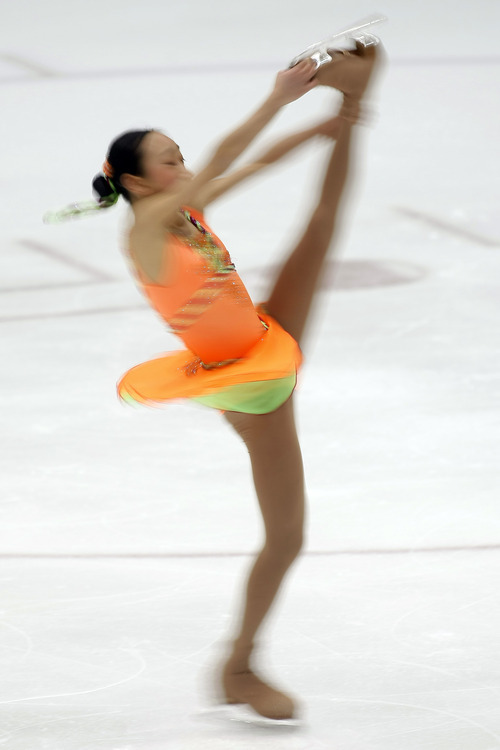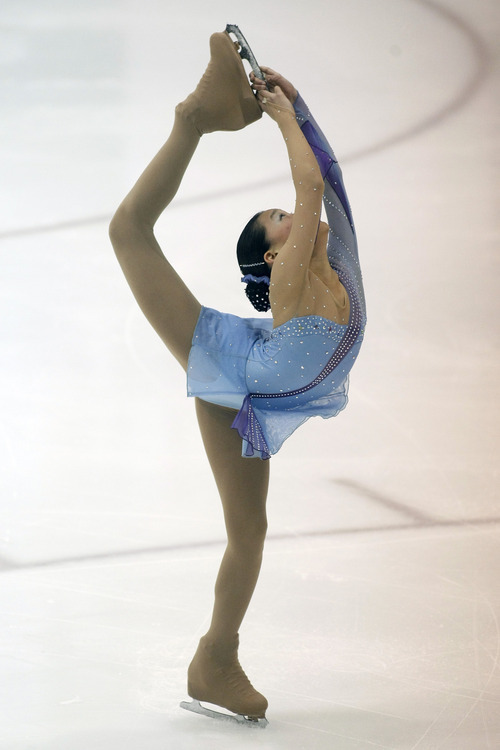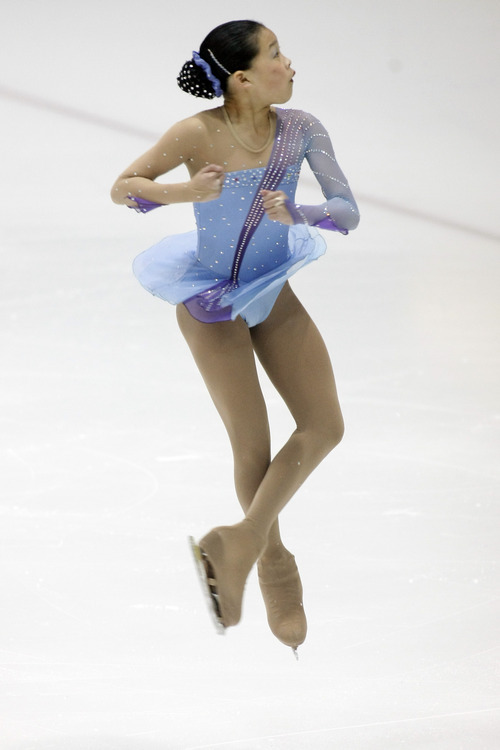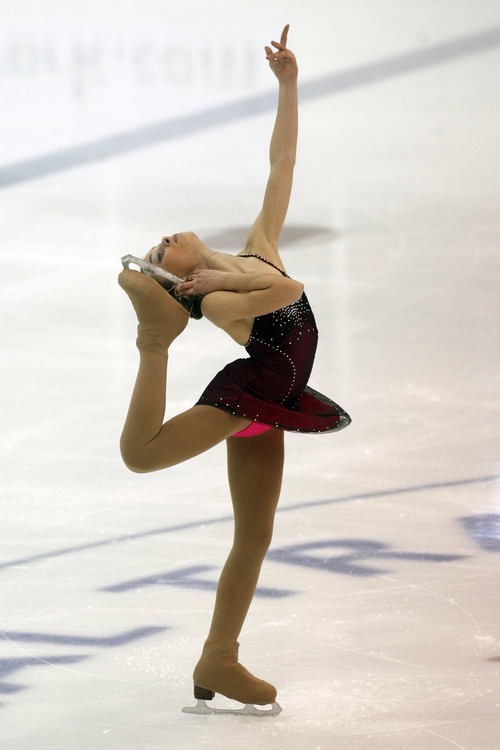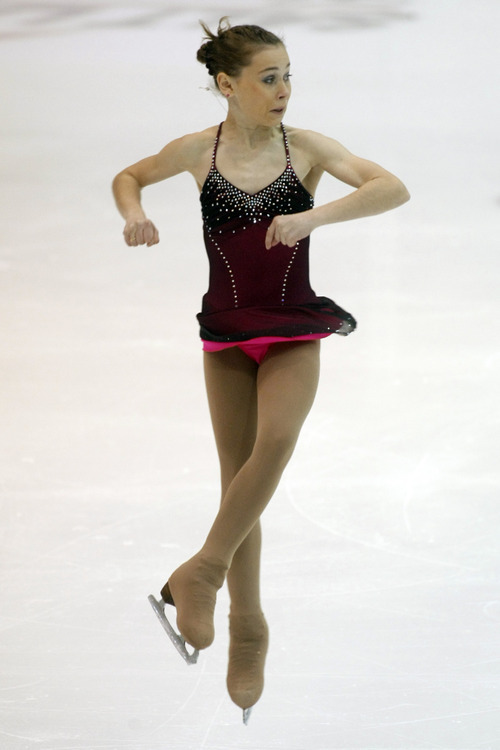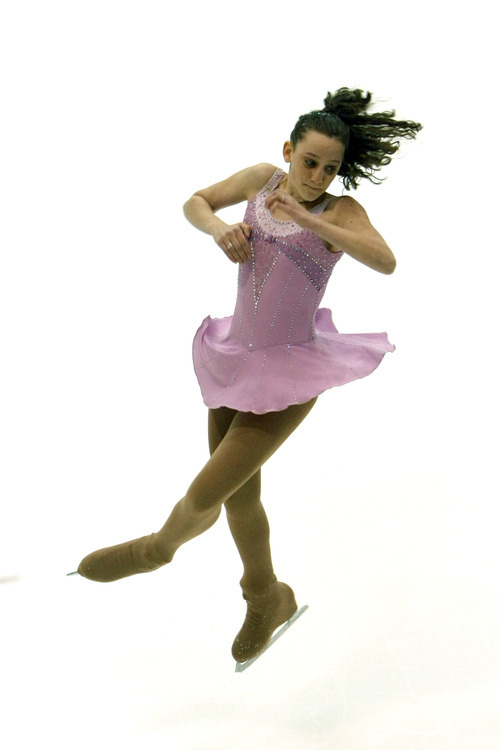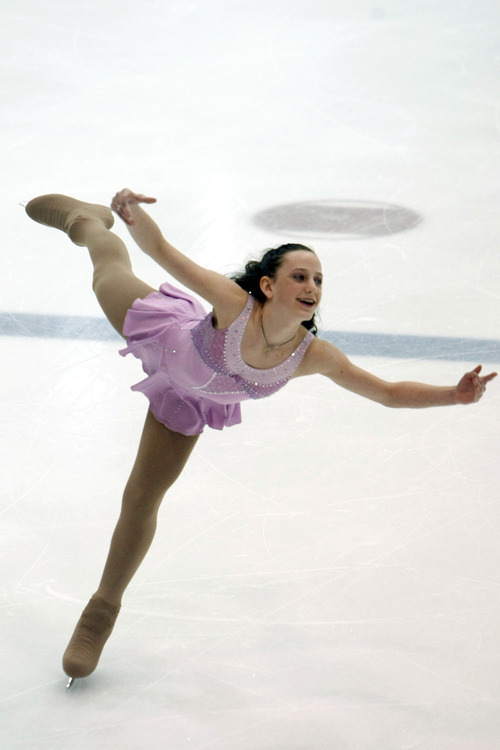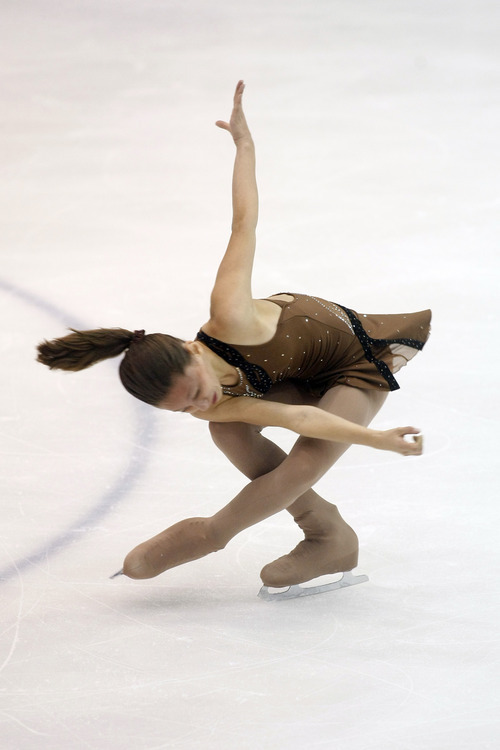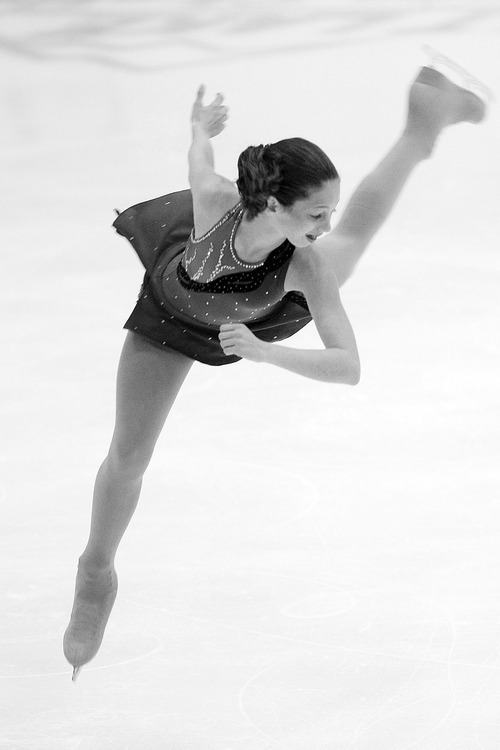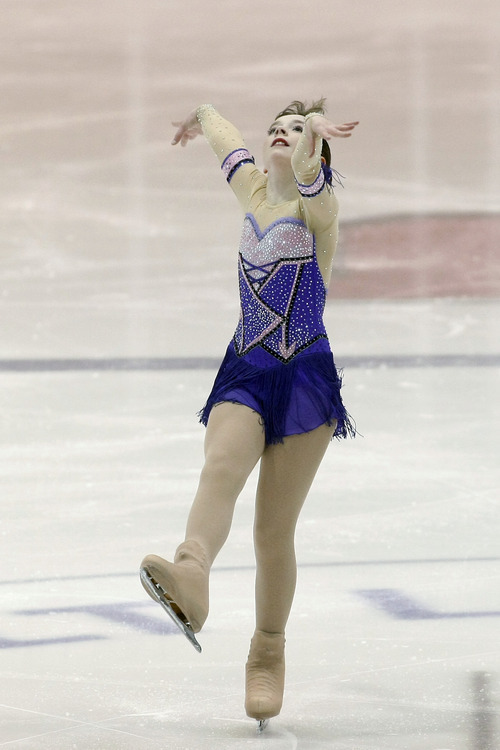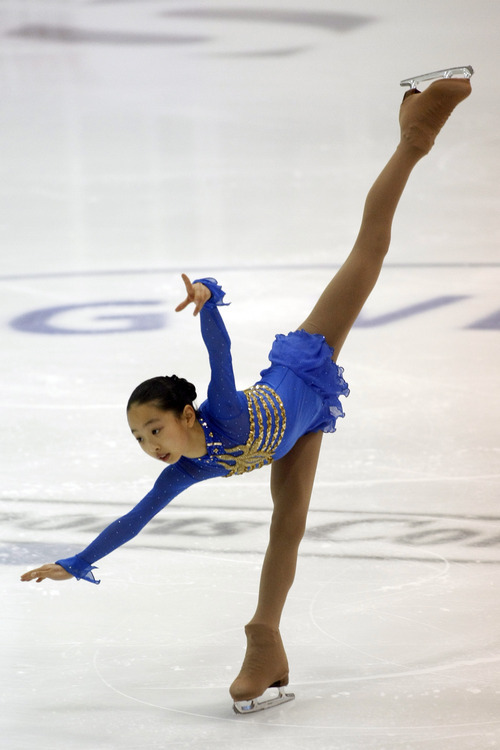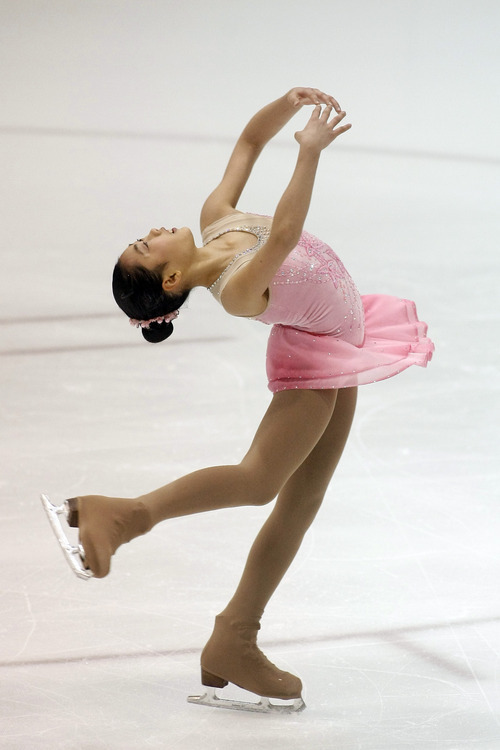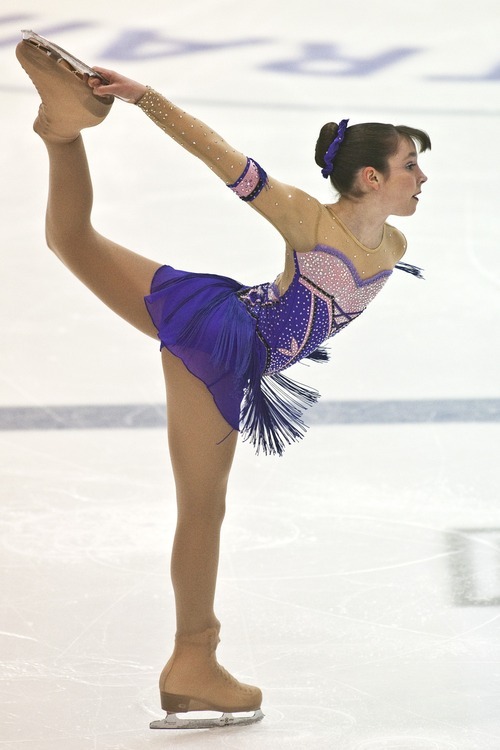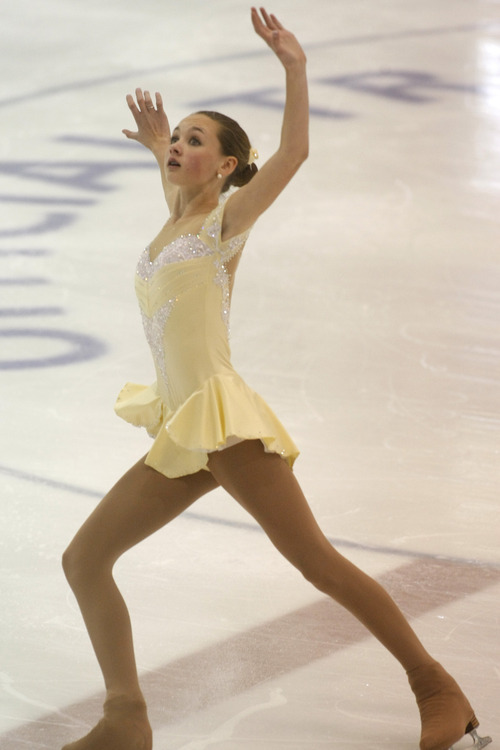This is an archived article that was published on sltrib.com in 2010, and information in the article may be outdated. It is provided only for personal research purposes and may not be reprinted.
When most of her classmates still are in bed, Jackie Jablon is on the ice. During the season, she wakes up long before dawn to prepare for 5:30 a.m. practices. She'll got to her Florida middle school about an hour late, then after class, she gets to go back to the rink.
"I don't think my school friends like it very much, but I have a lot of skating friends, and they understand," the 13-year-old Jablon says. "We all go through it together."
Their performances on the ice might last two or three minutes — only a blink of an eye among the hours and hours on the ice these child competitors spend training.
Figure skating is, by definition, a sport of sacrifice. Most of the top-level athletes in the U.S. Junior National Championships have made major lifestyle adjustments to meet their on-ice aspirations.
Vincent Zhou, a 10-year-old from California, started taking classes online earlier this year to compensate for his rigorous practice schedule. Although Zhou lives in Palo Alto, he does his training more than 400 miles from home in Riverside, where he might work six or seven hours a day leading up to a competition.
"I try to keep in touch with my old friends from my old school, but I also have some friends in my new school who are skaters," Zhou says. "Most of the time, the first thing I do after practice is turn on the laptop, change, wash my hands and start my homework."
Even the athletes who are in general schools don't have the typical schedule. Daniel Samohin, who was the juvenile boys champion last year, gets out shortly after noon from his middle school so he can train with his parents. If his friends at his school think it's not cool for a boy to skate, they often change their minds when they see him perform his triple jumps.
"Everyone says, "Wow, that's crazy," the 12-year-old says. "Most people don't understand figure skating, but it's OK. I think it's fun, and that's what matters to me."
Often, figure skaters miss many of the birthday parties and sleep-overs that can be a hallmark of childhood. But invariably, they all say the payoff is worth the hours they spend perfecting their routines.
"I like skating a lot because it's very unique," say Rachel Crawford, an 11-year-old from Ogden. "Most of my friends do school sports, like volleyball and basketball. Skating is just different. I love it."
Besides, when the championships are over, most will get a short reprieve from their grinding schedules.
"We're going on a cruise after nationals," says Shari Jablon, Jackie's mother. "We've already told Jackie she can eat whatever she wants."
Jackie can't keep the smile from creeping up her face.
kgoon@sltrib.com Twitter: @kylegoon


